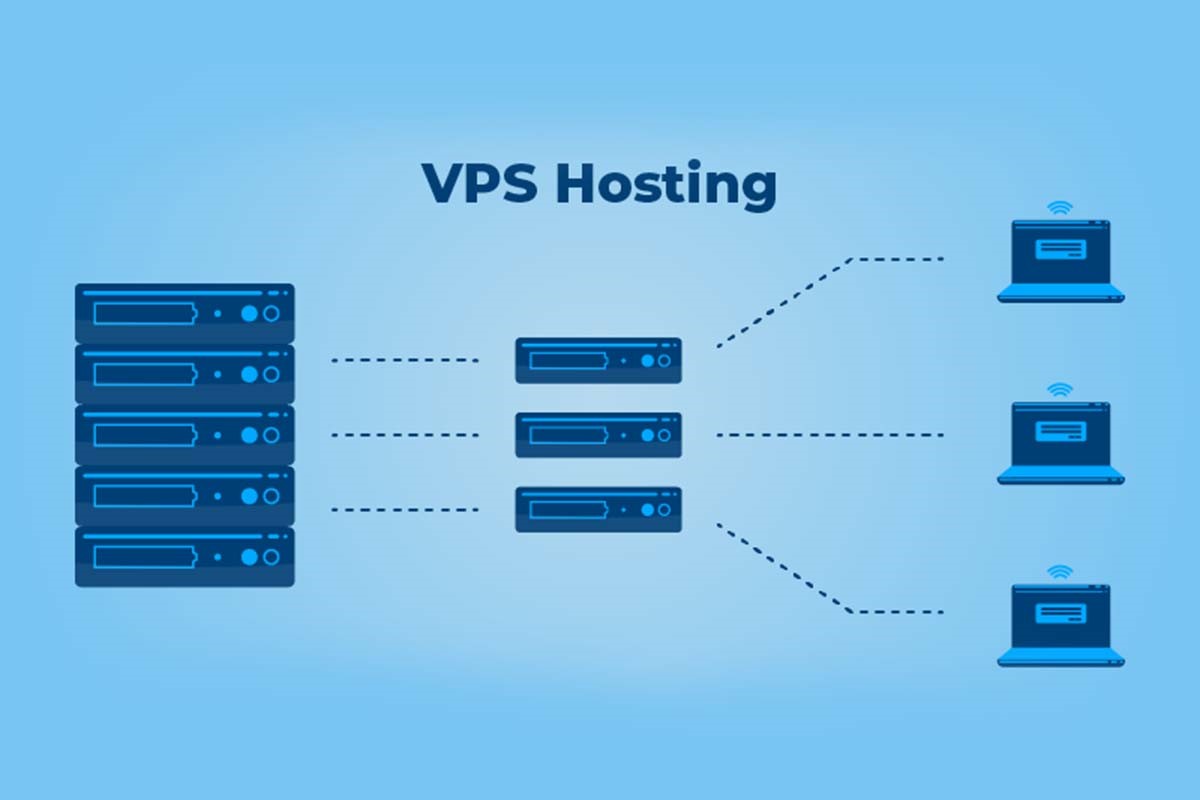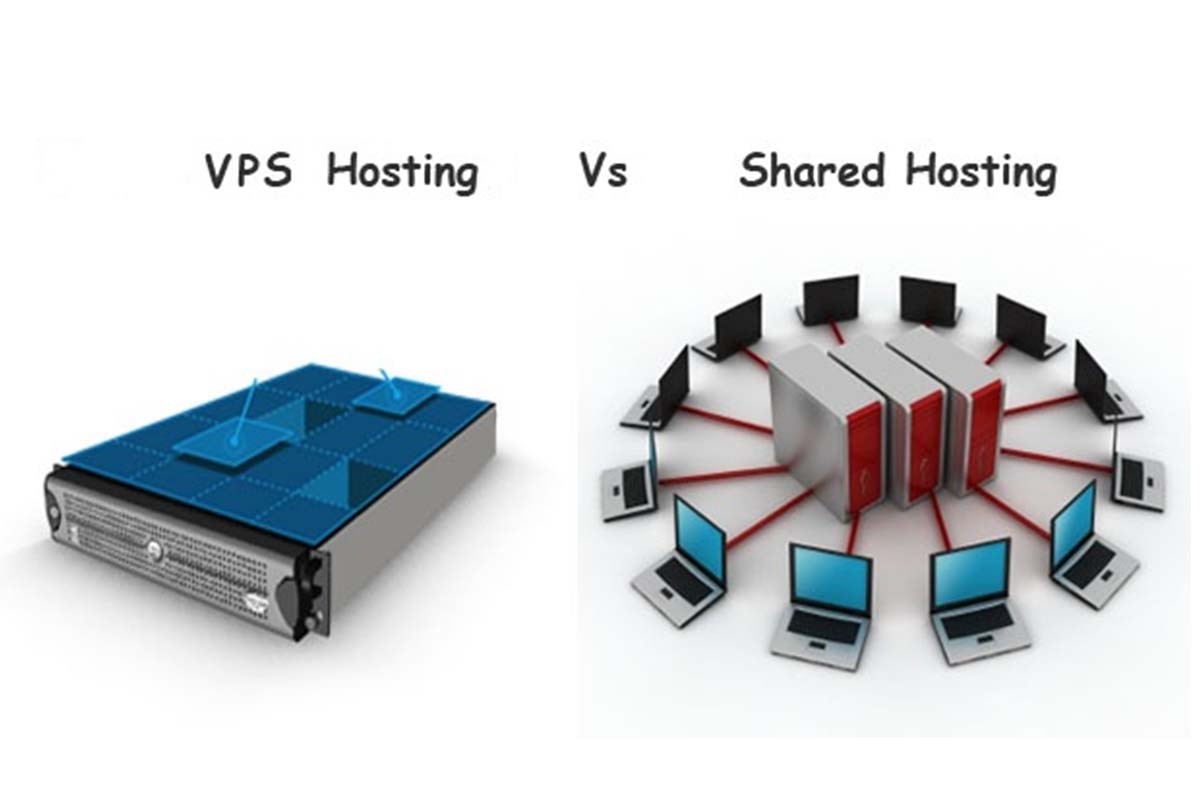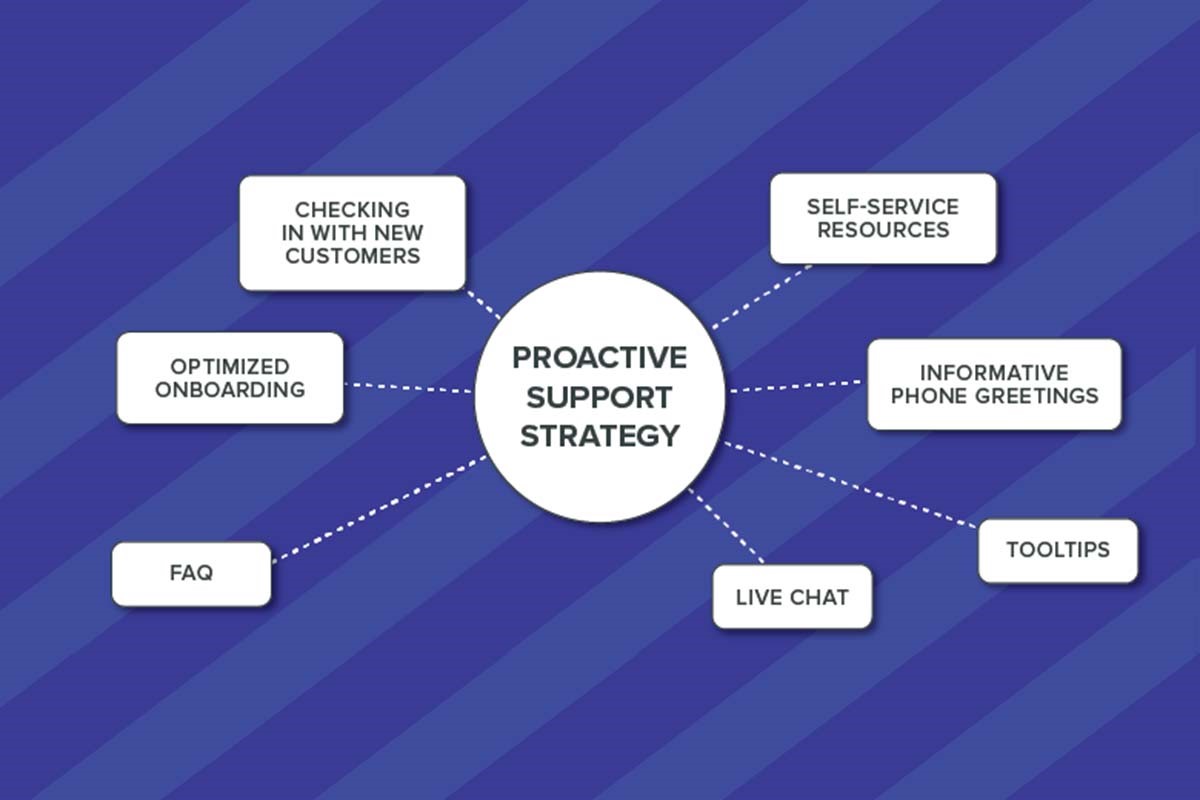Are you a small business that is looking for perfect and affordable VPS hosting in the UK?
There would be many businesses offering cheap VPS hosting in the UK but do you need just cheap VPS hosting or affordable VPS hosting with proactive support to your business and many more perks?
Read on to understand everything about VPS hosting and whether it is the right option for you and why should you go for it.

What is VPS Hosting?
VPS stands for Virtual Private Server. It allows you to create a new server on the cloud-based infrastructure of an existing server, without increasing resource consumption and costs.
Because it is virtualized, this type of hosting is considered cost-effective and efficient and is often used as a stepping stone to more advanced hosting options such as dedicated or colocation services.
This article will help businesses that are considering VPS hosting determine whether or not it's right for them.
How does VPS Hosting Work?
A user can create their own server instance within the larger account via a control panel (like cPanel).
The user shares resources like disk space and bandwidth with other users on the same physical machine; however, each individual slice runs independently of the others, giving the VPS user complete control over their application.
Instead of buying a physical server with dedicated resources, you can create your own virtual servers (VPS) which are hosted on one or more machines and gain access to all of its features at an affordable price, but without sacrificing security.
What Are Some Common Uses for VPS Hosts?
Small businesses typically use virtual hosting as a stepping stone between shared hosting and dedicated servers.
Virtual hosting allows companies to dedicate certain portions of their infrastructure to specific applications that need additional support or resource guarantees.
For example, if you have an eCommerce business that experiences high traffic during peak hours, VPS hosting can help you run this part of your business without added stress on the network.
Can You Migrate Data with VPS Hosting?
Yes. This is typically one of the perks of VPS hosting. You can shut off your old server, move it to a new one, and then run them both concurrently until you are ready to decommission your original server completely. All this can be done without downtime or interrupting service for end-users.
Benefits of VPS Hosting
VPS hosting allows you to have multiple server instances on a single physical machine.
This is typically less expensive than getting an entire dedicated server, but higher performance than shared hosting.
Following are the Benefits of VPS Hosting:
Density: It means more sites on the same hardware, which means you can consolidate costs and save money.
Scalability: Is your site's traffic increasing? No problem! You can create new server instances quickly and easily by using a control panel to manage everything for you—no intervention is required by the user.
Flexible management options: It means less time spent managing your servers, allowing you to develop instead of troubleshooting issues. VPS hosting gives you full administrative access without requiring that you know how to perform server administration by hand (unless you want to).
High-security standards: It means that your data is safe in transit and at rest within your VPS instance.
VPS is considered a "cloud" hosting model, offering significant scalability and flexibility with minimal hardware requirements.
Another benefit is that you can run just about any type of server you want in a virtual environment: mail, web, FTP, database and more.
You can even use your VPS to do development work if that's how you feel most comfortable working.
Just install the appropriate software and you're ready to go!
Since this isn't a dedicated server, however, keep in mind that other users will share the resources available to them when running processes on their own instances.
VPS Hosting VS Shared, Cloud and Dedicated Servers

No matter what level of service you choose, your website will always be assigned a certain amount of memory, processing power, hard drive space and bandwidth which dictates how well your site performs.
It's important that you are aware of exactly how these resources are divided up among all the sites running on your server.
These are known as "overhead" considerations which can affect site speed and uptime.
Shared Hosting: This is the least expensive, but also the most restrictive option available for hosting your website.
While shared hosts may offer unlimited bandwidth and storage, there is typically an overhead cost that reduces the number of resources you have to spare on your site.
Plus, shared web hosts often limit what you can do with their services in order to keep costs down for themselves.
Cloud Hosting: A system that allows you to "rent" computing power and storage space over a network (usually the internet).
This can be more flexible than other options, but tends to require a higher level of technical expertise to take advantage of all its features — plus it's not much cheaper than VPS hosting when you factor in cloud provider fees.
Dedicated Servers: Dedicated servers are more expensive because they don't share hardware resources with other accounts.
But still, they offer full control over the operating system and software stack that runs on top of it.
With a dedicated server, not only do you have an entire physical machine at your disposal — as opposed to just a portion — but all processes are fully isolated from other users, so there is no impact on performance when under load.
While VPS hosting offers some of the benefits of dedicated servers without requiring an entire machine, it's important to remember that virtualization does introduce layers between your server and the hardware layer on which it runs.
You won't have complete control over processes or how they are run.
This can lead to unexpected issues down the road, especially if you aren't used to working with non-dedicated environments.
VPS Hosting: This lies in between shared hosting and dedicated hosting by utilizing virtualization technology to split resources of one physical machine into multiple instances which act as their own separate machines.
VPS is still considered "shared" in the sense that it’s isolated from each other with overhead than cloud storage, but they can still be customized to your needs.
Is VPS Right for My Business?
VPS is a great option for those who have specific website loading or computational needs that can't be met by shared hosting.
If your business uses multiple services with varying hardware requirements, or you have a number of sites and apps that can share resources, then VPS may be right for you.
For example, if your business needs to use a full load dedicated server just for email, then you can simply host your secondary sites with VPS hosting.
If you're not sure if VPS is right for your business, just ask yourself the questions below:
- Do you need to host multiple sites on the same server?
- Do your websites and/or apps require significant processing and memory power?
- Do they handle large volumes of data in real-time (i.e. video streaming or online gaming)?
- Would it benefit you to have more control over devices such as firewalls, routers, hard drives, etc.?
- Do you need 100% uptime for your business?
- If the answer to any of these questions is "yes", then VPS hosting will be a great option for your site(s).
The ability to configure servers according to your exact needs makes VPS a powerful choice.
Also, if you need to upgrade or downgrade your hosting at some point in the future, this is easily done with VPS because your service level does not affect instance resources.
With shared web hosts, however, it's much harder (if not impossible) to alter these allocations after signing up for an account.
How Should You Decide on a VPS Hosting Provider?
Deciding on a VPS host is no different than choosing any other web hosting provider. You'll want to look at the uptime and support they provide, along with reviews from existing customers (if available).
Here are some key questions you should consider to decide Your Host:
- Are they reliable? What do their existing customers say about them?
- Will they offer proactive support?
- Do they have an easy-to-use control panel with built-in site builder tools?
- Does their VPS option fit your needs?
- Can you retain full administrative access to your instances and virtual servers, or will you have a limited set of tools at your disposal?
- How much flexibility do they give in terms of CPU and RAM allocations for each server instance, and how easy is it to upgrade these allocations when necessary?
- What OS options are available along with any restrictions on software versions (PHP, MySQL, etc.) if applicable.
- Are there additional fees for upgrading OS versions later down the line? Are there any extra costs (i.e., installation fees, license fees)?
- And most importantly... Do their prices make sense for what you need?
Managed vs Unmanaged VPS Hosting:
Another factor to consider with VPS is the level of support they offer.
Some providers offer fully managed (proactive) hosting.

It includes automatic updates, proactive monitoring, root access and security patching - this type of service will typically cost more than unmanaged (passive) hosting where your server resources are "shared" but you retain 100% control over them.
Managed hosting is best suited to websites and applications with complex configuration requirements.
So, if you're only using the highest level of resources once in a while, then passive hosting is probably the better option.
It's essential to know what you're responsible for and what your provider will handle in terms of site and server administration when you choose unmanaged/managed hosting.
VPS is ideal if you need complete control over server resources, plenty of bandwidth and processing power, but don't require the flexibility or high-performance capabilities of dedicated servers.
You still have a high degree of privacy between your own instances and those of other customers - making it safer, faster and more reliable than shared hosting.
Final Thoughts
Virtual private servers are a great choice for websites and other web apps that require an optimal degree of flexibility, scalability and security.
When it comes to the most reliable VPS hosting in the UK, you'll want a service that offers reliability and high performance without breaking the bank.
VPS is an ideal option for most small businesses that run complex websites and applications requiring a high degree of user interaction.
The ability to configure servers according to your exact needs makes VPS a powerful choice.
05 Oct 2021
 GBP (£)
GBP (£)
 USD ($)
USD ($)







